Solar eclipse 2024: Watch out for these animals’ ‘strange behaviors’

There could be a turtle eclipse of the heart.
Monday’s much-anticipated solar eclipse could cause critters to act kookier than normal, scientists say.
During the Great Solar Eclipse of 2017, researchers observed cows bedding down in the daytime, dogs going eerily silent and tortoises getting frisky while studying animal behavior at South Carolina’s Riverbanks Zoo and Garden, CNN reported.
“The eclipse was amazing and most of the animals did amazing things,” exclaimed lead study author Dr. Adam Hartstone-Rose of the North Carolina State University in Raleigh describing the phenomenon.
The researcher plans to conduct a followup study on zoo animal behavior on Monday, when the moon shrouds the sun, plunging large swathes of the US into darkness yet again.
Here’s how certain animals could possibly react this time based on prior observations.
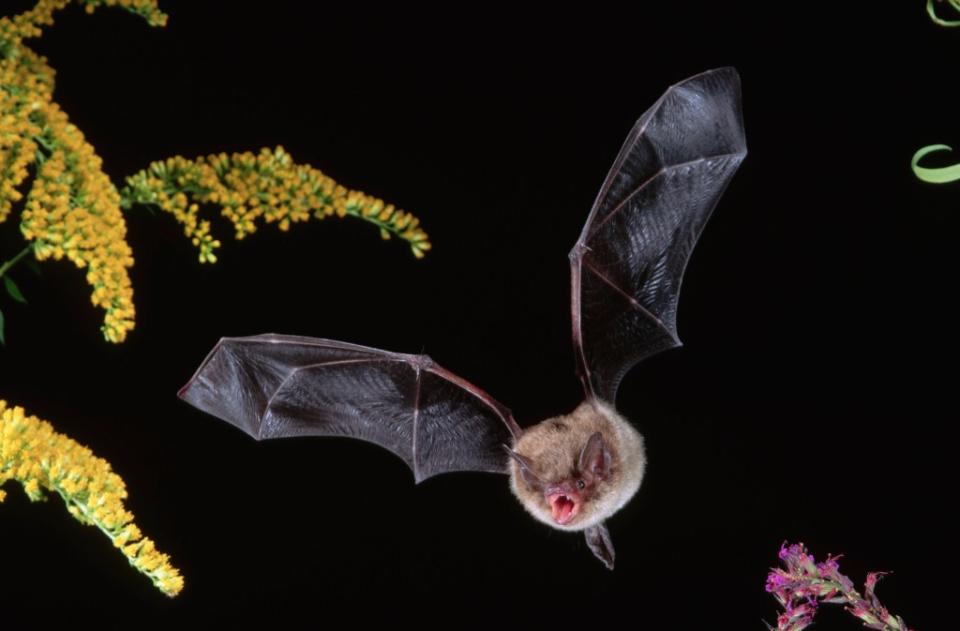
Crickets and bats
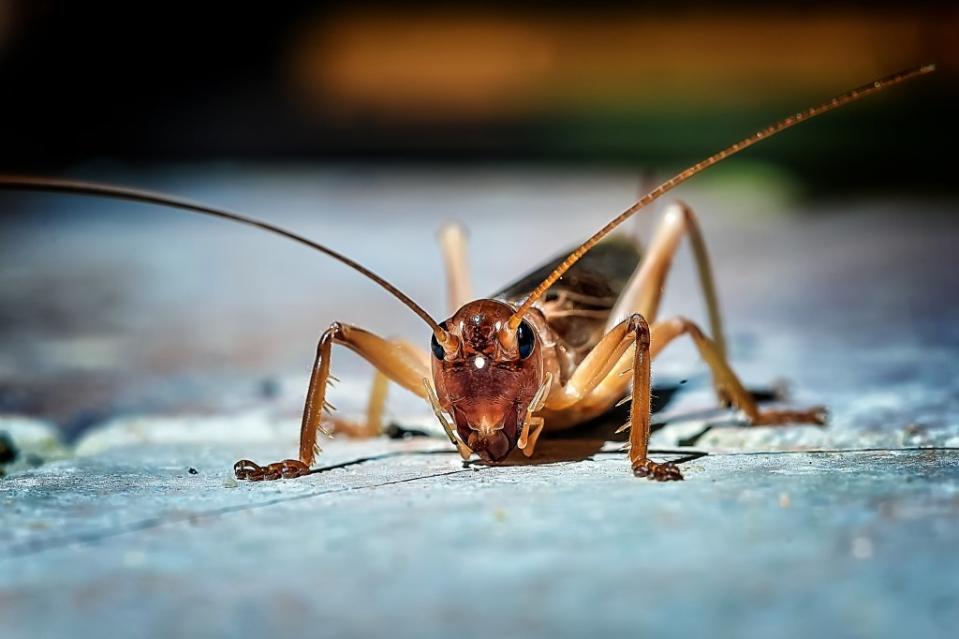
Eclipses can fool certain animals into thinking that it’s the evening, causing them to to revert to their nocturnal or crepuscular behaviors. For example, in 1932, researchers observed crickets chirping as if it were nighttime, CNN states.
As this case was purely anecdotal, NASA is actually imploring volunteers to studying crickets and other noisy nocturnal insects to find out whether they will follow suit at the start of Monday’s event.
Nocturnal hunters like bats, meanwhile, have been observed hunting like they do at nightfall.
Cows and chickens
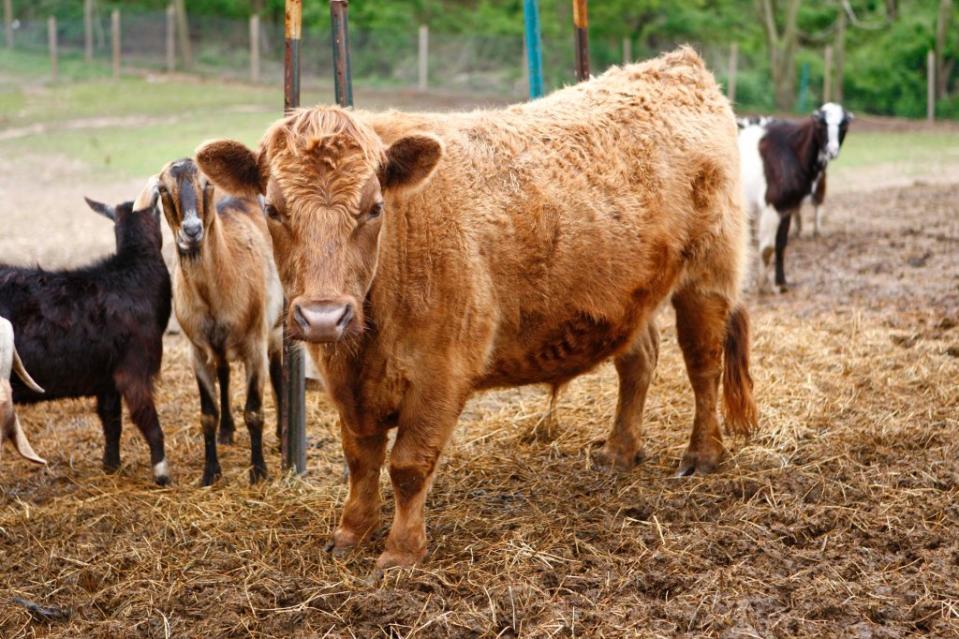
On the other side of the spectrum, diurnal animals tend to become less active when in the path of totality — the shadow that’s cast when the moon blots out the soon.
Case in point: Confused cows and chickens returning to the farmhouse to sleep like a person battling jet lag.
While this might be humorous on its face, this behavior can be concerning to farmers.
“Our smaller farm animals … we are definitely gonna pay attention to what happens, and [see] if they do naturally go inside [their coops] like they typically do when the sun’s going down,” Jamie Wallace, owner of a rescue ranch for abused and neglected animals in Leander, Texas, told KUT News. “There’s been talk that … natural predators will come out when it gets dark … so we want to keep those smaller animals safe.”
Giraffes and horses
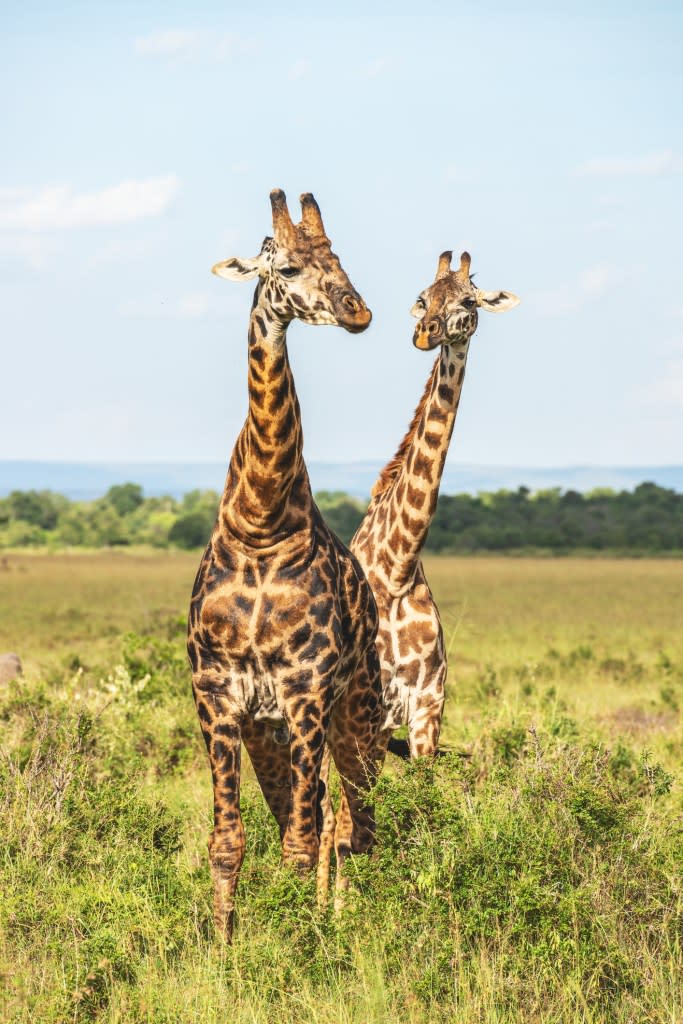
During the 2017 eclipse, Dr. Adam Hartstone-Rose noted that giraffes at the Riverbanks Zoo huddled in groups before breaking into a full gallop — an unusual behavior for the species.
“Giraffes are kind of delicate, they don’t run a lot,” he said. “When they run, it’s because they’re running from a predator or something like that. It was kind of amazing and mind-blowing.”
Similarly, horses have been observed clustering together and shaking their tails in what scientists deemed an anxiety response.
Cats and dogs
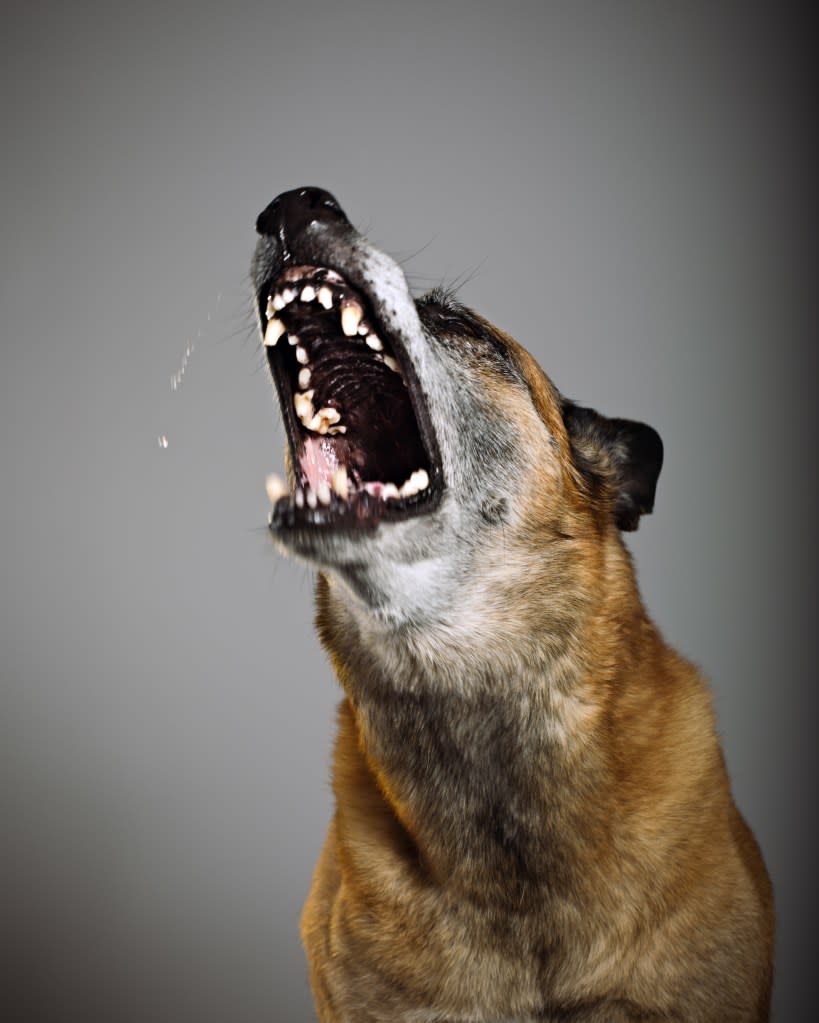
It’s difficult to say how our furry friends might behavior during an eclipse: Their reactions could run the gamut from growing quieter to seeking comfort from owners or favorite toys, People reported.
However experts caution owners to be on the lookout for anxiety displays such as increased panting and scratching, hiding, and pacing.
Tortoises
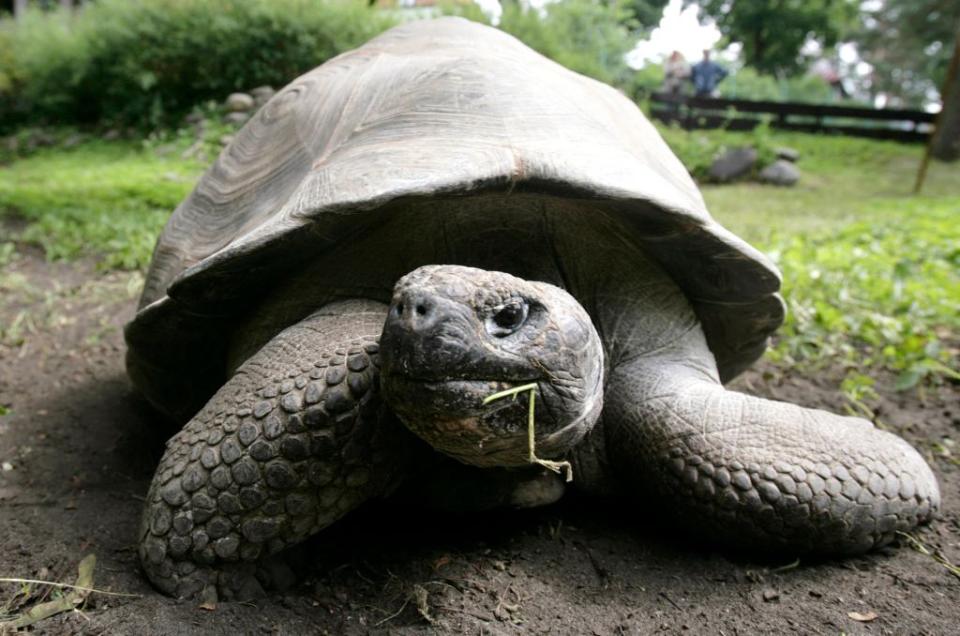
The moon and the sun might not be the only things on top of each other come Monday.
The Riverbanks Zoo’s resident Galapagos tortoises, interestingly, decided to get frisky during the 2017 event, becoming the only animals to respond to the eclipse this way.
Of course, this amorous behavior could either be coincidental or perhaps evidence of a turtle eclipse of the heart.

